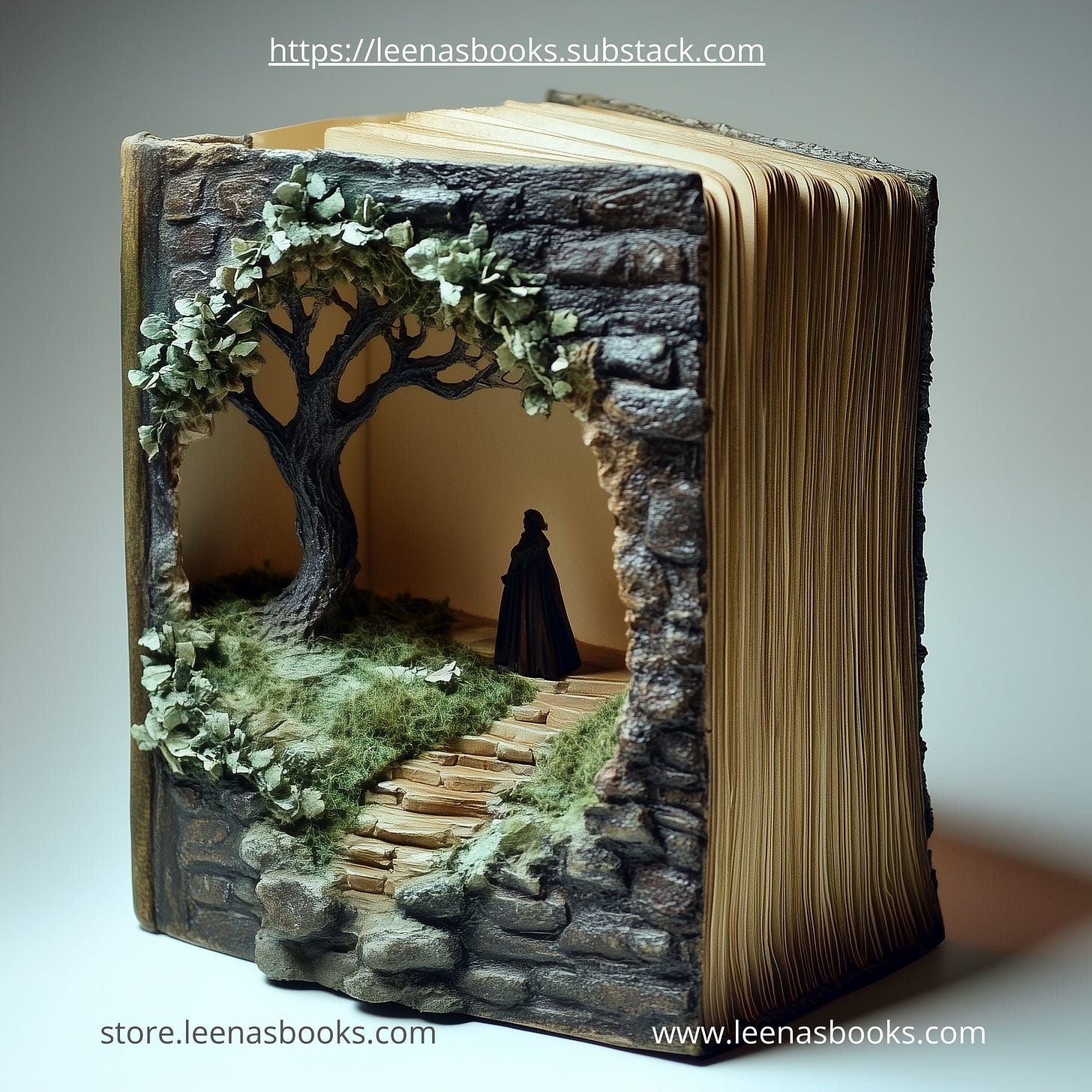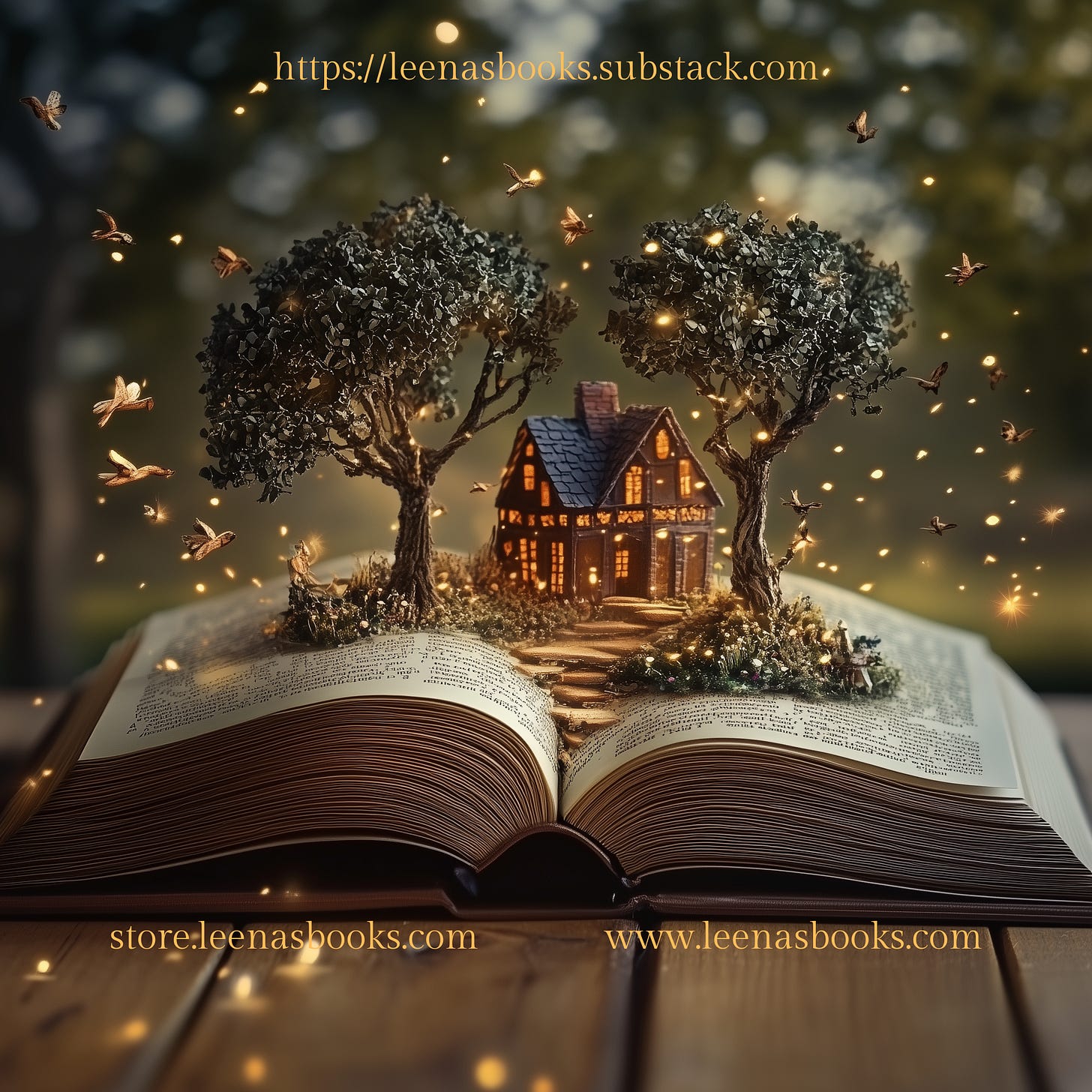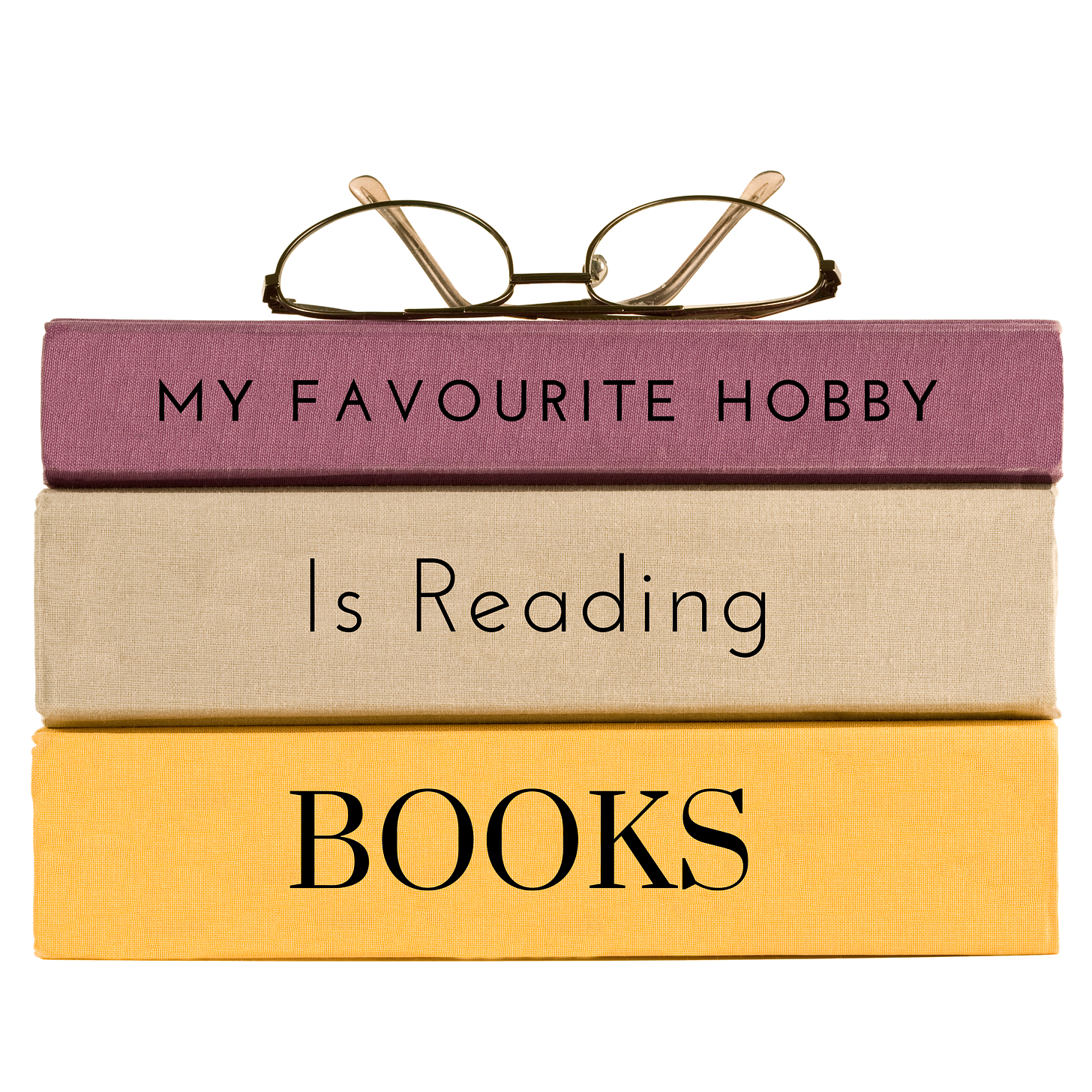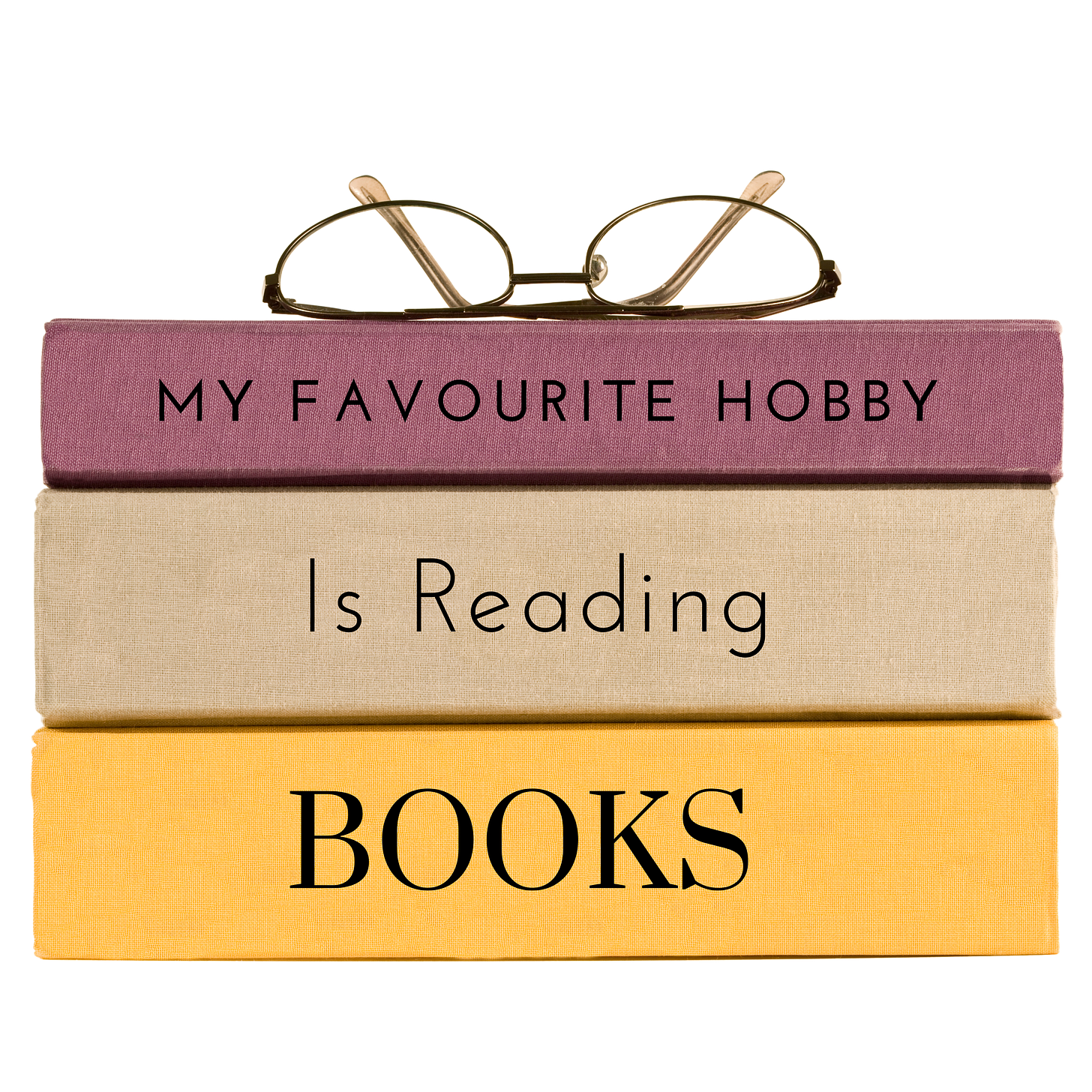I feel fortunate to have grown up in a time when computers were not yet commonplace in households. We didn't have the luxury of entertaining gadgets; instead, we had to be creative with our own sources of entertainment. So, as children we explored the nearby forest, played games outdoors and the only way to find out if our friends were around was to either go ring their doorbell, yell outside their house, or just go and search for them outdoors.
For me, the most enjoyable pastime was reading books and trying my hand at writing them. Still doing both.
There were also those uneventful, boring childhood days where we struggled to find something interesting to do - and surprisingly, it seems that is actually beneficial for your brain.
As children, no matter how impatient we were, we couldn't get the instant gratification our brains are hardwired to search for. We had no computer games and the closest thing to social media was the reader's letters in our local newspaper.

The Cost of Constant Connectivity: How the Digital Age is Shaping Our Brains for Impatience
Today, the pull of digital devices is impossible to ignore. It seems like everyone is glued to their screens - whether it's a handheld smartphone or a tablet. We're always plugged in, scrolling through endless streams of digital content, perhaps without realizing that it has been carefully designed to captivate us - to make us addicted to it. But this constant attachment comes at a price, especially when it comes to our cognitive abilities and our capacity to focus for prolonged periods of time.
The Science of Short Bursts
Today, the pull of digital devices is impossible to ignore. It seems like everyone is glued to their screens - whether it's a handheld smartphone or a tablet. We're always plugged in, scrolling through endless streams of digital content, perhaps without realizing that it has been carefully designed to captivate us - to make us addicted to it. But this constant attachment comes at a price, especially when it comes to our cognitive abilities and our capacity to focus for prolonged periods of time.
And this is about brain chemistry, which to me is actually pretty scary. We are essentially allowing technology to shape our brains and ultimately, our behaviors.
Dopamine, a neurotransmitter associated with the pleasure and reward centers of the brain, plays a crucial role in this process. Each ping from our smartphone, whether it’s a like, a comment, or a share, triggers a release of dopamine, giving us a small pleasure hit. Over time, our brains start to seek out these quick hits at the expense of activities that require longer, sustained attention—like reading a book. We have become addicted to our phones and pads.
A Teacher’s Idea
An article in the local newspaper caught my attention; a teacher was concerned about declining reading and vocabulary skills amongst students - especially among teenage boys. There is now an ongoing discussion of implementing a ban on cell phone usage in schools here in Finland, which could benefit teaching but would also leave a classroom full of young people with dopamine-addicted brains unable to get their "fix." This addiction should be addressed by providing alternative activities during the class that would produce similar effects in their brains. The teacher suggested reading classes - reading a real book for an hour. It would certainly be difficult in the beginning for teens who are not used to concentrating on much anything for more than few minutes at a time. But with no phones or pads around - perhaps they might learn to slow down and immerse themselves into a story?
I love the idea. Imagine - lessons when you can quietly read a book!
Essentially, this would be instructing individuals on how to read once more. Not just the fundamentals like the alphabet, but how to truly engage with and become absorbed in stories. It would require stimulating the brain to use its imagination and delve into deeper levels of thought.

As our brains shift their focus towards speed and ease, there are significant consequences. The more we prioritize quick access over depth and quality, the shorter our attention span becomes. According to a study by Microsoft, the average human attention span has decreased from 12 seconds in 2000 to a measly 8 seconds today, even less than that of a goldfish which is (said to be) notorious for being easily distracted.
The digital media impacts our capacity to fully immerse ourselves in intricate ideas and stories. The impatience ingrained through consuming digital media makes it increasingly difficult to devote time to reading a lengthy article or book, taking in its insights, and contemplating its themes. This decline in deep reading abilities can diminish important skills such as critical thinking, creativity, and problem-solving - all of which are essential not just for personal growth, but also for navigating the ever-changing landscape of our world today.
In a society where we are constantly bombarded with short attention-grabbing content on digital media, reading books offers a unique opportunity to focus our minds for an extended period. Plus, the abundance of knowledge and entertainment that books provide is unparalleled.
The Joy of Reading
What if your next gift you gave someone would be a book?
A Reader Lives a Thousand Lives!
Leena :)
(This post is from my Substack Newsletter platform. If you wish to SUBSCRIBE, CLICK HERE, read a post and subscribe using the link in the post)



